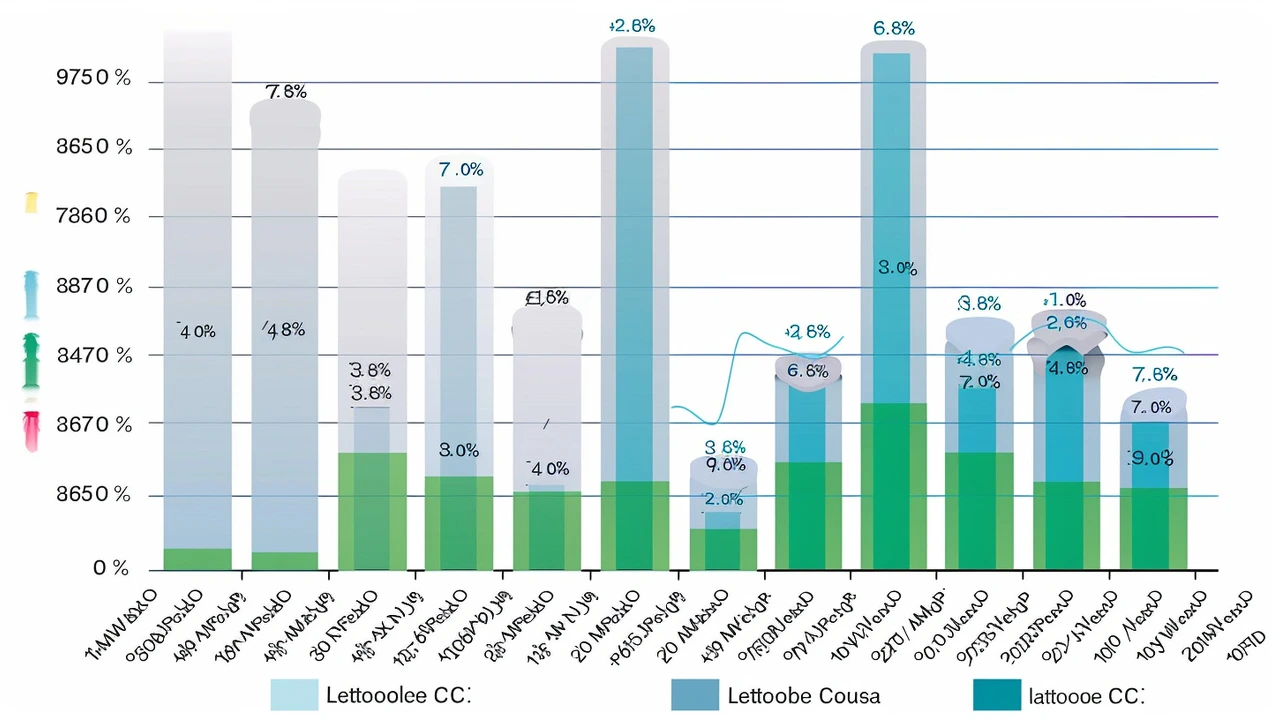Navigating JSON Interoperability: Enhancing Data Exchange through Standardization

In the rapidly evolving world of web development and data interchange, JSON (JavaScript Object Notation) has emerged as a cornerstone technology, facilitating the seamless exchange of data across diverse computing environments. Originating from ECMAScript, JSON's lightweight and text-based structure offers a universally accessible format for data communication. However, the path to flawless data interchange is fraught with challenges, primarily due to interoperability issues stemming from differences in JSON parsing implementations. This comprehensive analysis explores these challenges, their implications for developers and end-users, and the strategies devised to navigate the complexities of JSON interoperability.
At the heart of JSON's interoperability concerns lies the issue of inconsistent parsing behaviors across various platforms. Despite the standardized framework outlined in RFC 8259, ambiguities in the specification have led to divergent parsing implementations. This inconsistency primarily manifests in two critical areas: the handling of duplicate keys and the representation of numbers. The RFC's flexibility in these domains has inadvertently paved the way for a myriad of interpretations, complicating the landscape of JSON data exchange.
Investigations into the state of JSON parsing have revealed a concerning scenario. A survey of 49 JSON parsers illuminated the prevalence of interoperability risks, with each parser exhibiting at least one instance of potentially problematic behavior. These disparities underscore the challenge of achieving uniformity in JSON data interpretation, highlighting the necessity for enhanced clarity and strict adherence to standards. The drive for performance optimization further complicates this landscape, as developers might prioritize speed over compliance, opting for third-party parsers that stray from the idealized conformance to RFC 8259.
In response to these interoperability challenges, the community has proposed a multifaceted strategy aimed at fortifying the integrity of JSON data exchange. Remediation efforts encompass a range of measures, from enforcing fatal parse errors in the presence of duplicate keys to mitigating character truncation. The adoption of a 'strict mode' that aligns with the stipulations of RFC 8259 represents another pillar of this strategy, ensuring that parsers adhere to a standardized interpretation framework. Furthermore, enhancing error message clarity, especially in scenarios involving imprecise number representation, is critical for informing developers and users about potential data fidelity issues.
Despite the availability of JSON schema validators as a tool for enforcing type safety and constraints, these mechanisms fall short in addressing the duplicate key dilemma. By nature, schema validators operate on already parsed objects, rendering them incapable of influencing the initial parsing process. This limitation underscores the imperative for a more holistic approach to JSON parsing standardization, one that encompasses not only post-processing validation but also foundational parsing behavior.
The path forward necessitates a collective effort from developers, standards bodies, and the broader tech community. Embracing best practices in JSON parsing, advocating for the refinement of standards, and fostering an ecosystem that prioritizes interoperability and data fidelity are essential steps towards mitigating the risks associated with JSON data interchange. As we navigate the complexities of digital communication, the pursuit of standardized, robust, and secure data exchange protocols remains paramount, underscoring the critical role of JSON in the seamless operation of our interconnected digital world.

ANTHONY MOORE
March 23, 2024 AT 12:24Nick Bercel
March 24, 2024 AT 08:12Vivian Chan
March 26, 2024 AT 06:06Jason Kondrath
March 27, 2024 AT 00:08Alex Hughes
March 28, 2024 AT 13:30Ruth Gopen
March 29, 2024 AT 04:54Jose Lamont
March 29, 2024 AT 15:34Hubert vélo
March 30, 2024 AT 21:02Kalidas Saha
March 30, 2024 AT 21:02Marcus Strömberg
March 31, 2024 AT 15:45Matt R.
March 31, 2024 AT 18:35andrew garcia
April 1, 2024 AT 05:36